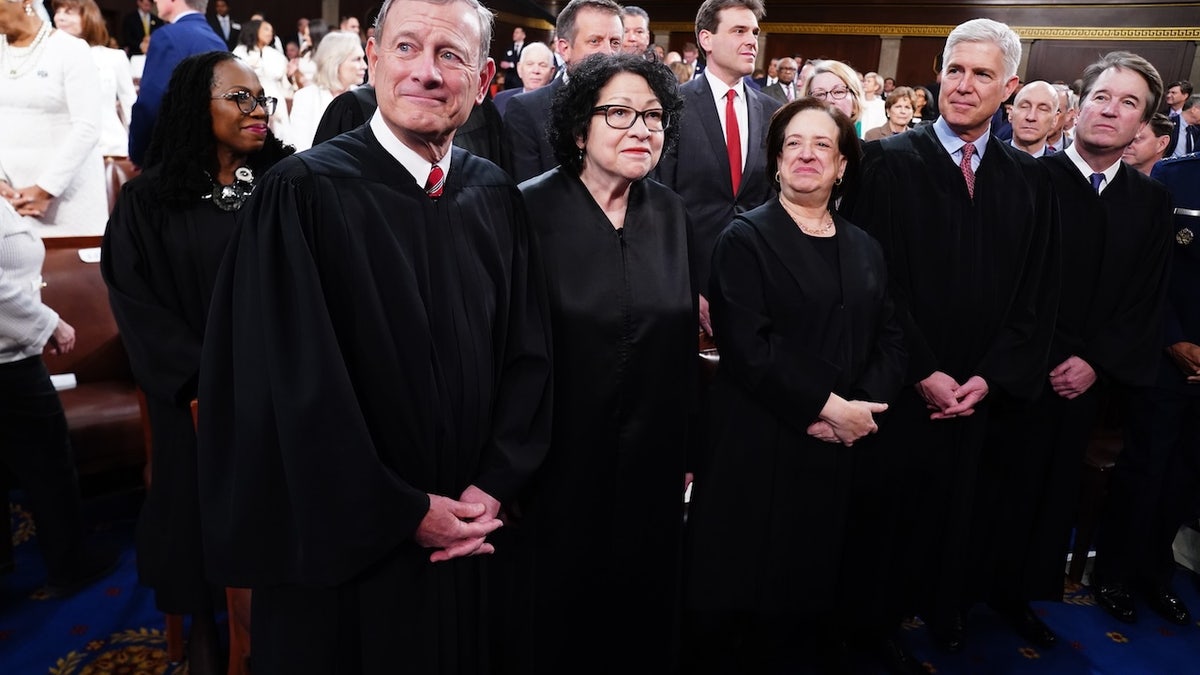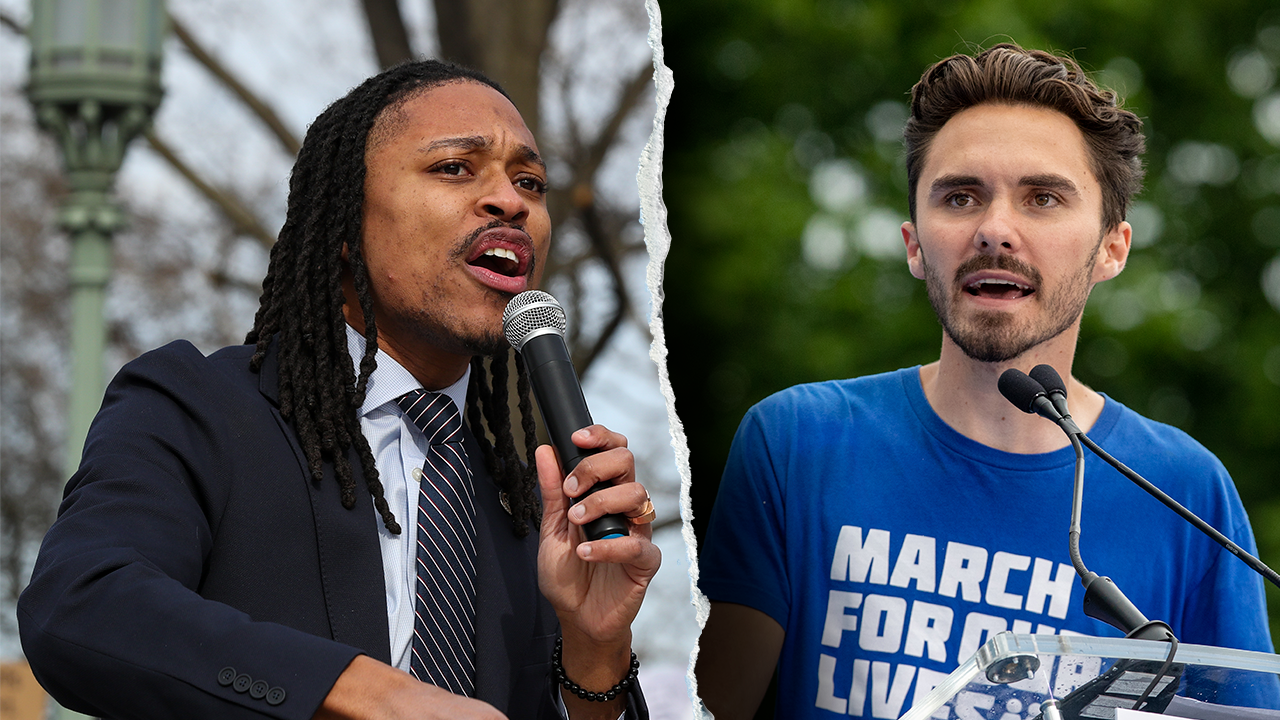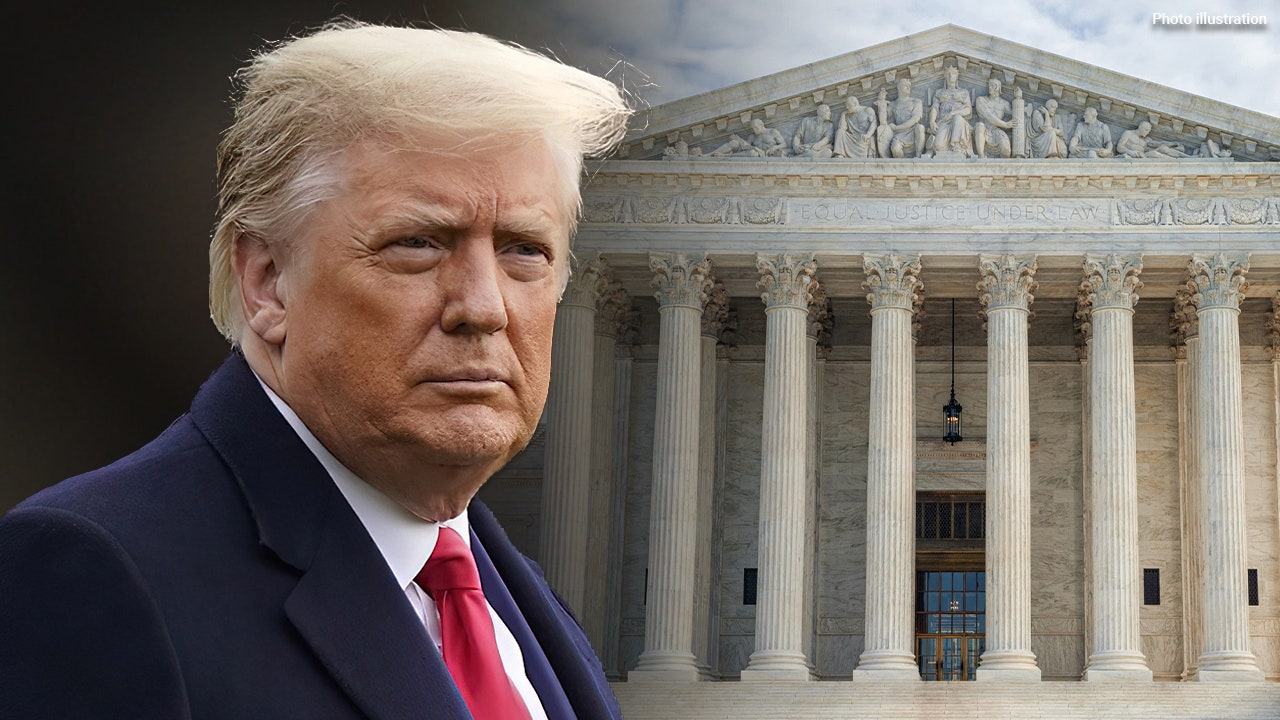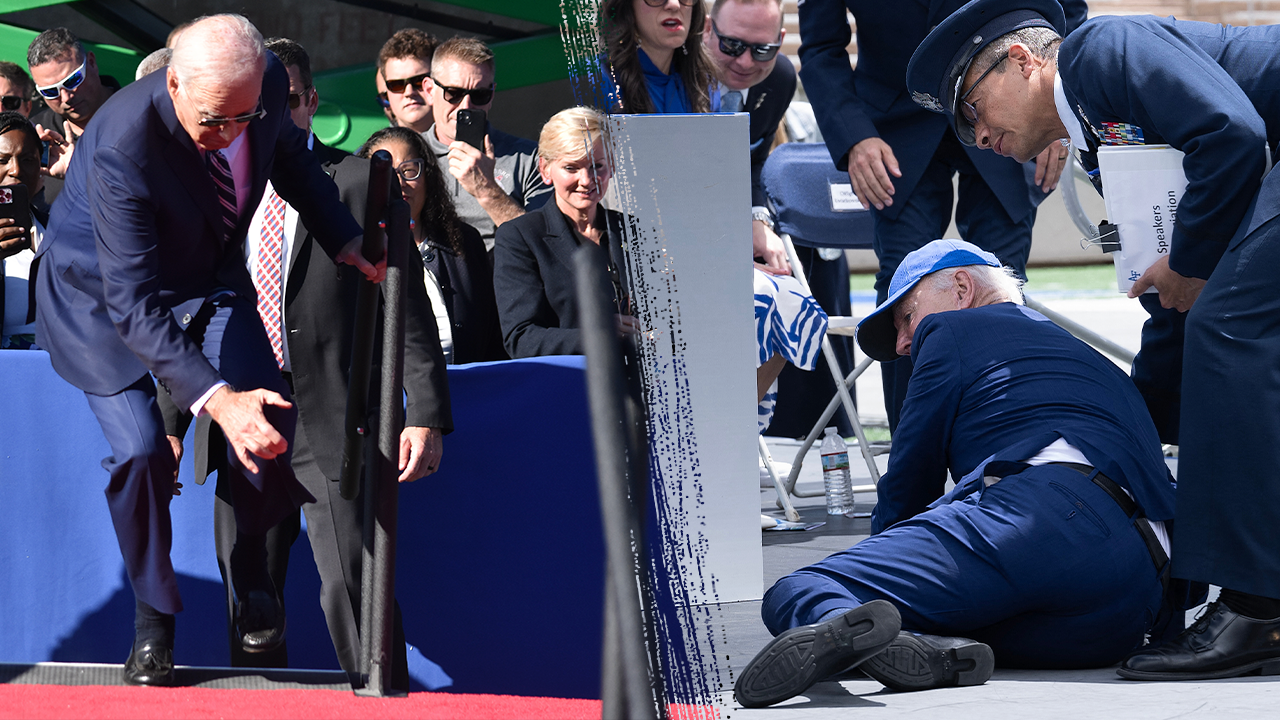The Supreme Court will hear oral arguments next month in the case challenging President Donald Trump’s attempt to end birthright citizenship, in what is likely to be one of the most highly anticipated cases to be reviewed by the high court since Trump took office.
The justices said Thursday that they would hear arguments on the consolidated cases on May 15, roughly four weeks from now.
The Trump administration in March asked the Supreme Court to intervene and allow a narrow version of the president’s executive order ending birthright citizenship to proceed. Trump signed the order on his first day in office and was immediately met with a flurry of lawsuits across the country.
The administration’s appeal concerns three nationwide injunctions brought in Maryland, Massachusetts and Washington state.
TRUMP ADMIN APPEALS RULING BLOCKING BIRTHRIGHT CITIZENSHIP
All three states had issued nationwide injunctions blocking the birthright citizenship ban from taking force – a move that lawyers for the Trump administration argued in their Supreme Court filing was overly broad.
Acting U.S. Solicitor General Sarah Harris asked the justices to limit the scope of the rulings to cover only individuals directly impacted by the relevant courts.
“These cases – which involve challenges to the President’s January 20, 2025 Executive Order concerning birthright citizenship – raise important constitutional questions with major ramifications for securing the border,” Harris wrote in their appeal.
To date, no court has sided with the Trump administration’s executive order seeking to ban birthright citizenship, though multiple district courts have blocked it from taking effect.
NINTH CIRCUIT REJECTS TRUMP’S BID TO REINSTATE BIRTHRIGHT CITIZENSHIP ORDER

Implementation of Trump’s executive order was initially set for Feb. 19. The policy would have affected hundreds of thousands of children born in the U.S. each year.
The order sought to reinterpret the 14th Amendment, which states: “All persons born or naturalized in the United States, and subject to the jurisdiction thereof, are citizens of the United States and of the State wherein they reside.”
Under the Trump administration’s proposed interpretation – later blocked by federal courts – children born to illegal immigrants or to those who were here legally but on temporary non-immigrant visas, are not citizens by birthright.
More than 22 U.S. states and immigrants’ rights groups quickly sued the Trump administration to block the change to birthright citizenship, arguing in court filings that the executive order is both unconstitutional and “unprecedented.”
CLICK TO GET THE FOX NEWS APP
The states have also argued that the 14th Amendment does, in fact, guarantee citizenship to persons born on U.S. soil and naturalized in the U.S.
The U.S. is one of roughly 30 countries where birthright citizenship applies.
Read the full article here















